NYPD Warns Anti-Israel Protesters A 'Seattle-Style' Occupation Zone Won't Be Tolerated
Authored by Patricia Tolson via The Epoch Times,
As protests escalate across college and university campuses in the United States, a New York Police Department (NYPD) official vowed that a “Seattle-style” occupation zone will not be tolerated on the streets of New York City.
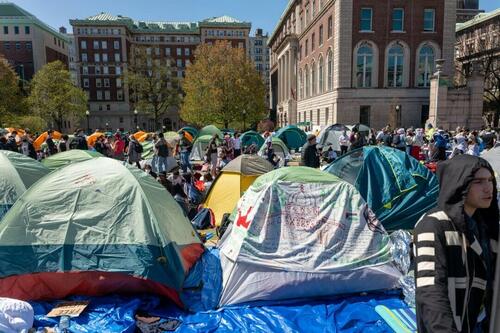
Two New York Police Department (NYPD) officials spoke with Fox News’ “The Story” anchor Trace Gallagher on April 25. The conversation focused on growing concerns that the anti-Israel protests spreading across America’s college campuses might devolve into further violence.
NYPD Deputy Commissioner of Operations Kaz Daughtry addressed growing speculation that the student anti-Israel encampments could evolve into something similar to the “autonomous zone” established in Seattle, in Washington state, in response to the death of George Floyd in May 2020, suggesting they might “linger and last all summer long and become bigger and more dangerous.”
It was a possibility immediately shut down by Chief of Patrol John Chell.
“We will not have any Seattle-type encampments on the streets of New York City. I can guarantee you that — that would end rather quickly,” he asserted.
The Capitol Hill Autonomous Zone, also known by its acronym CHAZ and later CHOP (Capitol Hill Organized Protest), became a scene of widespread vandalism and violence that spanned more than six blocks in the Capitol Hill neighborhood of Seattle.
A shooting on June 20, 2020, claimed the life of a 19-year-old man and injured a 33-year-old man, as reported by The New York Times on July 1, 2020. The next day, a 17-year-old man was injured in another shooting. A third shooting took the life of a 16-year-old and left a 14-year-old seriously injured.
“The fine line here is the street, the public property, which we'll deal with, and the college is the private property,” Mr. Chell explained.
“That’s why we got to strike this balance. Let me repeat, there will never be encampments on the streets of New York City while we’re in power, never going to happen.”
After the NYPD deployed counterterrorism units to the Columbia University campus, Rep. Alexandria Ocasio-Cortez (D-N.Y.) took to social media platform X to condemn the move as a “horrific” decision, adding that NYPD officers had “some of the most violent reputations on the force.”
Mr. Chell responded the next day, defending the “units” and informing her that he was with them when they were deployed to the university.
“These ‘units’ removed students with great care and professionalism, not a single incident was reported,” he said.
“Maybe you should walk around Columbia and NYU and listen to their remarks of pure hatred,” he added. “I will ensure those ‘units’ will protect you as they do for all NYers 24/7/365.”
Mr. Daugherty added his thoughts saying, “There is nothing ‘horrific’ about protecting the safety of Columbia’s young students who are just trying to go to school.”
He also defended NYPD officers, describing them as “the best and most highly trained law enforcement professionals in the world.”
Mr. Daugherty invited Ms. Ocasio-Cortez to “visit Columbia” for a walk-through, promising to protect her and take a report if she feels threatened.
Rep. Ilhan Omar (D-Minn.) speaks to a crowd gathered for a march to defund the Minneapolis Police Department in Minneapolis, Minn., on June 6, 2020. (Stephen Maturen/Getty Images)
Request for Help
The presence of the NYPD at Columbia was by request.
Columbia University’s president, Minouche Shafik, had personally reached out to the NYPD in a letter, requesting their assistance in clearing the encampment set up by more than 100 students on the south lawn of Columbia’s Morningside Heights campus on April 17.
Students had been repeatedly warned, both verbally and in writing, that they were in violation of university rules and policies and would have to disperse. Students staying in the encampment were also informed that they had been suspended.
“I have determined that the encampment and related disruptions pose a clear and present danger to the substantial functioning of the University,” she wrote,“ adding that it was ”With great regret, we request the NYPD’s help to remove these individuals.”
A total of 108 students were arrested for trespassing.
Among them was Isra Hirsi, a student from Barnard, Columbia’s sister college. Ms. Hirsi is the daughter of Rep. Ilhan Omar (D-Minn.), a frequent critic of Israel.
Following her daughter’s arrest, Rep. Omar praised her daughter on social media.
At an April 18 press conference, New York City Mayor Eric Adams explained that the arrests were made because the protesters had been camped out on Columbia’s south lawn for more than 30 hours, in violation of the university’s rules.
He confirmed that the NYPD was dispatched to the campus only after students received “numerous warnings” to disband and after Ms. Shafik reached out to the NYPD “in writing,” requesting support.
He stressed that “no violence or injuries” occurred during the incident.
While acknowledging that Columbia’s students have a right to free speech, he said they “do not have the right to violate university policies and disrupt learning on campus.”
Ms. Shafik issued a statement on April 22, expressing sadness over what is taking place on Columbia’s campus. She said the activities of the protesting students have “severely tested” community bonds and imposed a state of fear among students “across an array of communities.”
On April 21, Columbia’s chief operating officer, Cas Holloway, outlined the enhanced safety measures being imposed on the Morningside Heights campus, where the protesters were “causing considerable disruption and distress.”
The increased security measures include additional security personnel, enhanced security around the perimeter of the Morningside Heights campus, additional security at the Kraft Center, and increased identification checks to make sure that only Columbia University students are on campus.
Republicans Condemn Hatred
Rep. Virginia Foxx (R-NC), chair of the House Education Committee, sent a letter to university leaders on April 21, warning them of consequences if they do not gain control of “the encampment and related activities” which “have created a severe and pervasive hostile environment for Jewish students at Columbia.”
A total of 10 Republican members of Congress sent a letter to Ms. Shafik on April 22, urging her to resign immediately.
House Speaker Mike Johnson held a press conference on the steps of the university’s Low library near the student’s “Liberty Zone” encampment on April 24, and called for her resignation if she could not gain control of her campus.
House Speaker Mike Johnson (R-La.) holds a press conference at the Columbia campus to call for the resignation of university president Minouche Shafik, in New York City, on April 24, 2024. (Alex Kent/Getty Images)
“We just can’t allow this kind of hatred and anti-Semitism to flourish on our campuses, and it must be stopped in its tracks,” he said.
“Those who are perpetuating this violence should be arrested.”
His visit to the campus, which took place shortly after the university extended a deadline by 48 hours (until April 26) to reach an agreement on the removal of the encampment, was to show support for Jewish students, who have been intimidated, threatened, and assaulted by anti-Israeli protesters.
His presence was immediately met by boos and his comments were frequently interrupted with chants of, “We can’t hear you,” and “Free Palestine.”
The University of Southern California was forced to close its campus after campus police were overwhelmed during an effort to shut down an encampment. To clear the area, they had to enlist the help of the Los Angeles Police Department. As students surrendered peacefully, they were arrested.
Student protesters have also set up an encampment at the University of Michigan in Ann Arbor, the Detroit Free Press reported on April 23.
Nine people were reportedly arrested by University of Minnesota police after pro-Palestinian students set up an encampment on the Northrop Mall. Ms. Omar made an appearance, telling the students through a loudspeaker that she was “moved” by their “courage and bravery” in taking a stand “to end the genocide,” Star Tribune reported.
More than 20 tents, festooned with pro-Palestinian signage and flags, have been erected in front of a chapel on the campus of the Massachusetts Institute of Technology in Cambridge, as reported by CNN.
Dozens of student protesters were arrested at the University of Southern California on April 24 and the campus of California State Polytechnic, in Humboldt, was shut down as students barricaded themselves inside a building for a third day, the Associated Press reported on April 25.
At the University of Texas, 57 students were arrested by campus police during a protest organized by the Palestine Solidarity Committee when students tried to “occupy” the South Lawn, Austin television station KXAN reported.
Tyler Durden
Fri, 04/26/2024 - 16:20



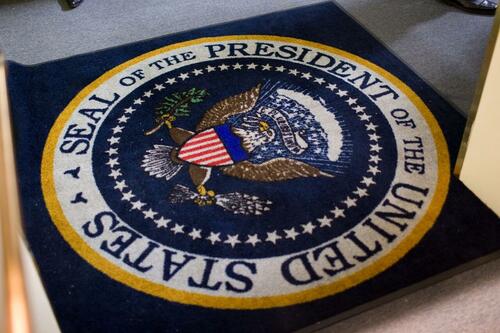



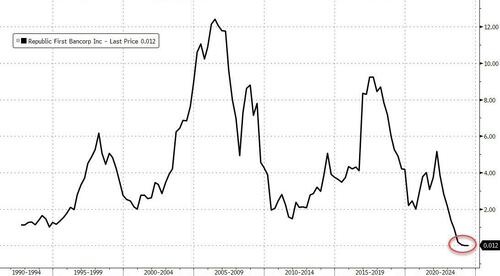
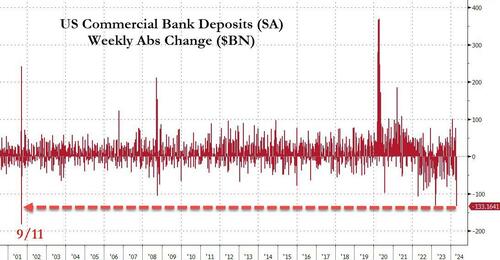
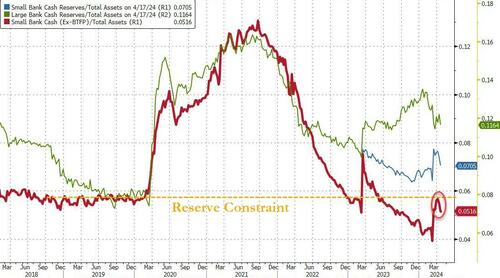
 Image source: NY Times
Image source: NY Times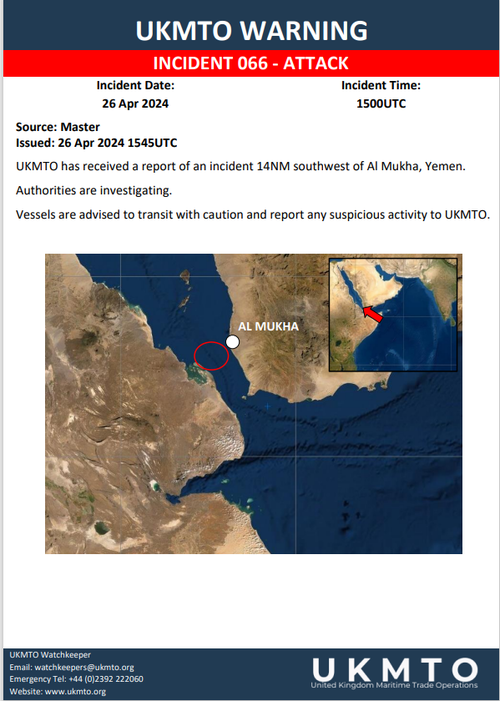


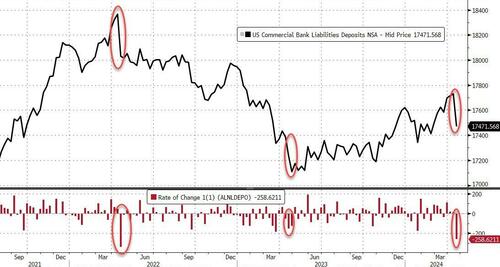
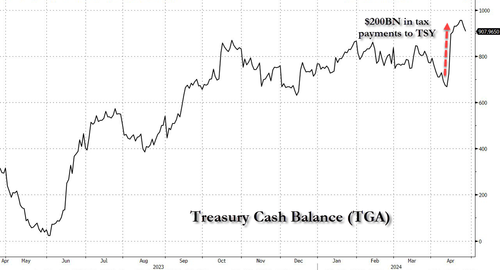
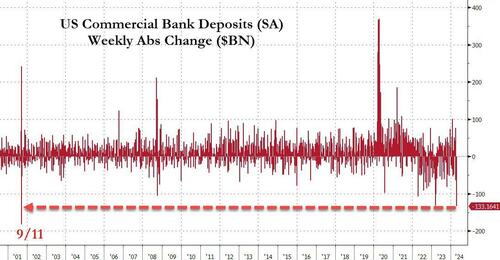
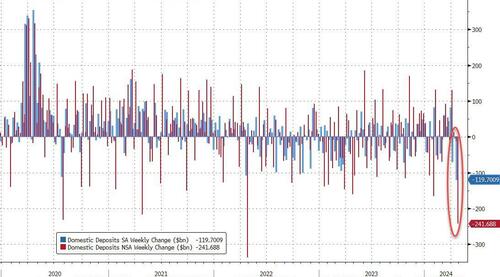
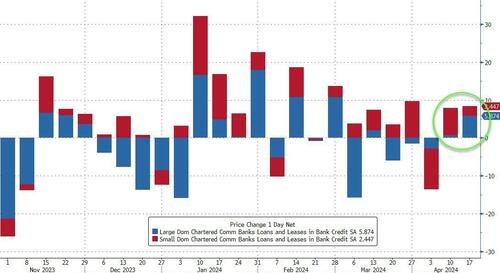
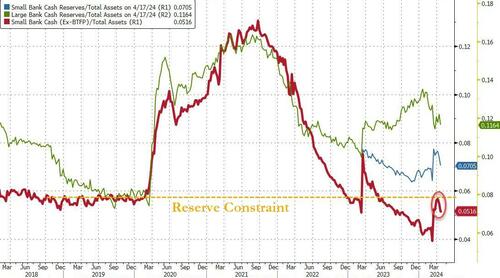
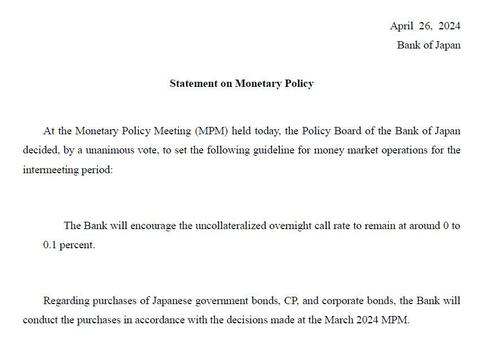
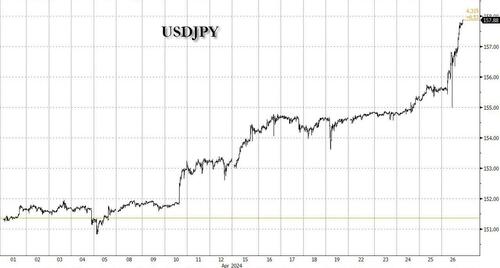
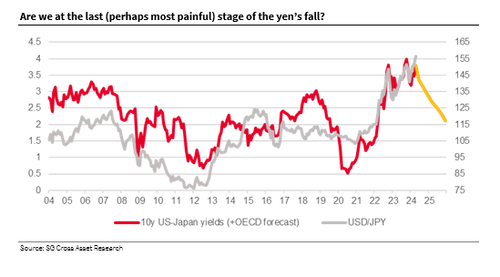

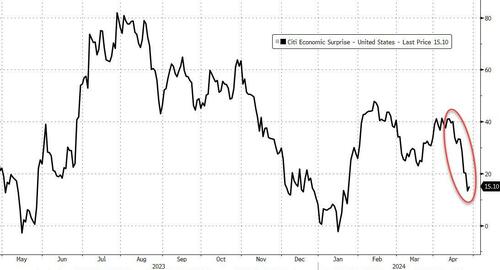
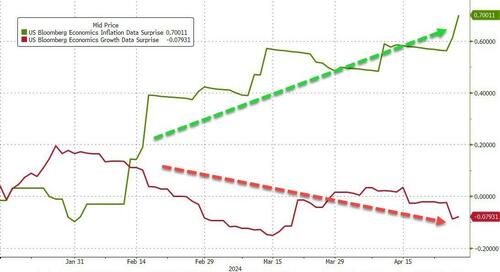
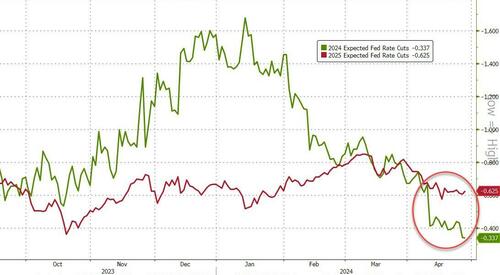
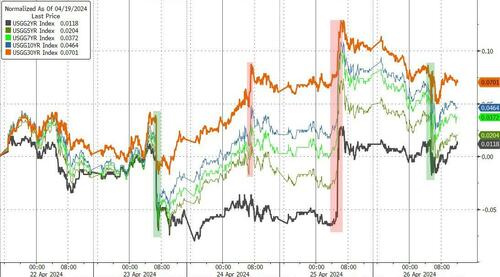
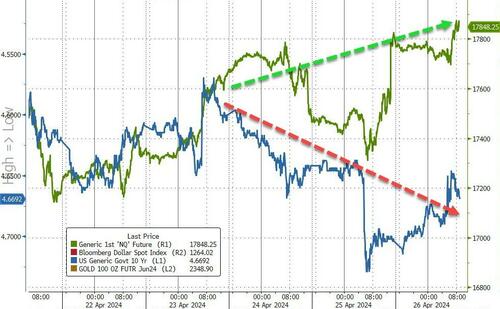
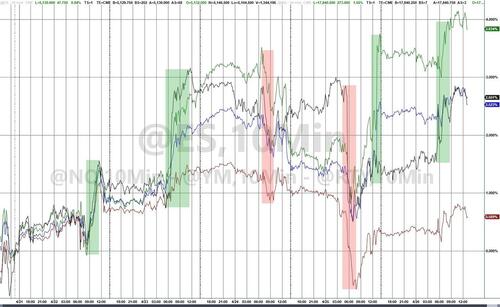
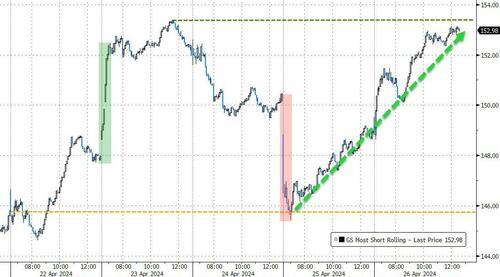
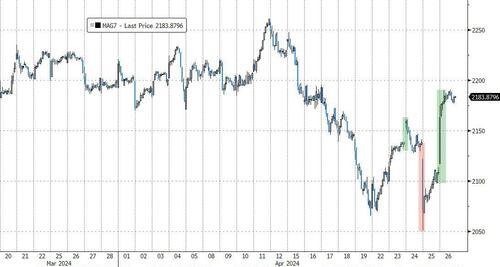
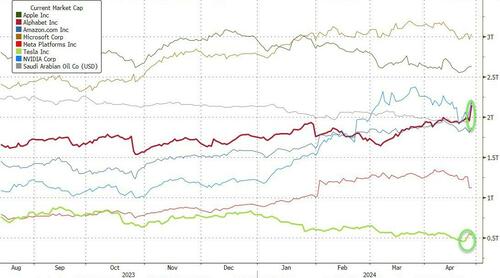
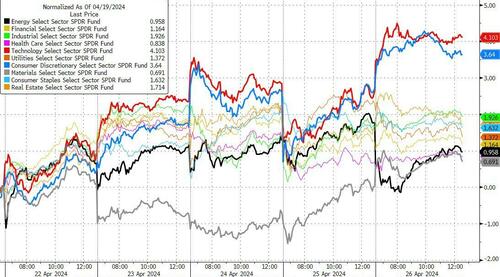
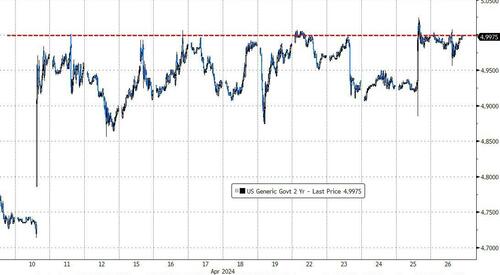
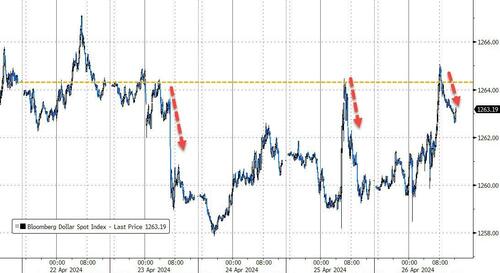
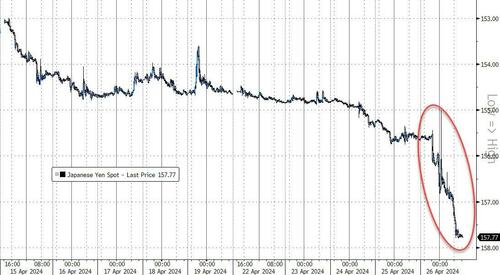
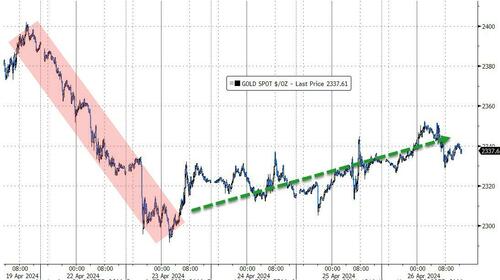
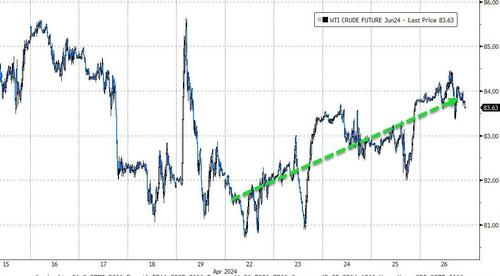
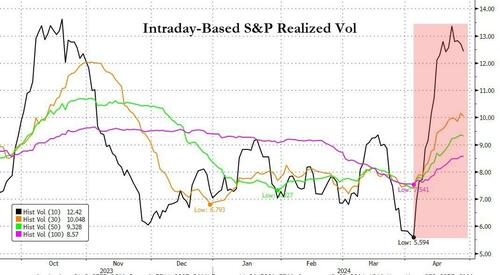


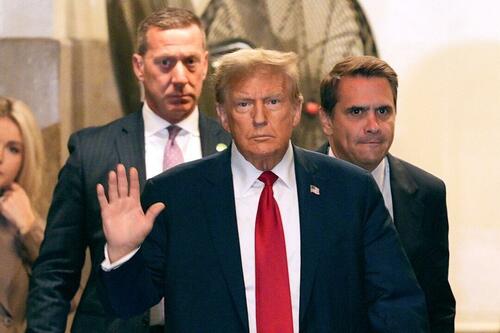
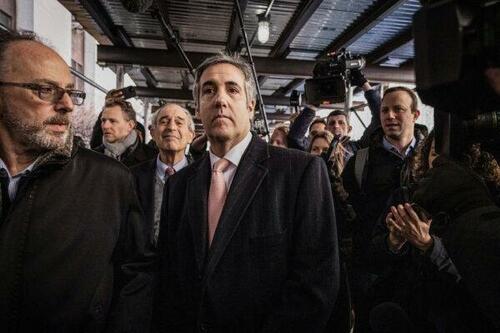

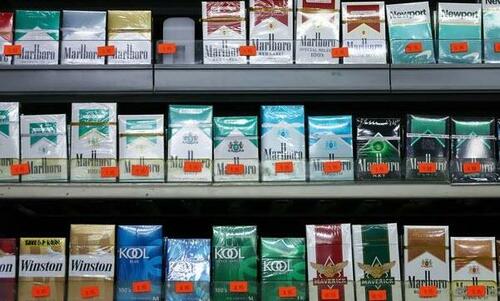
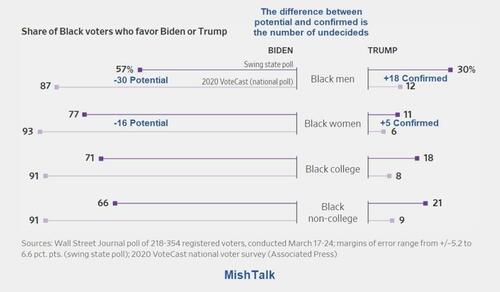
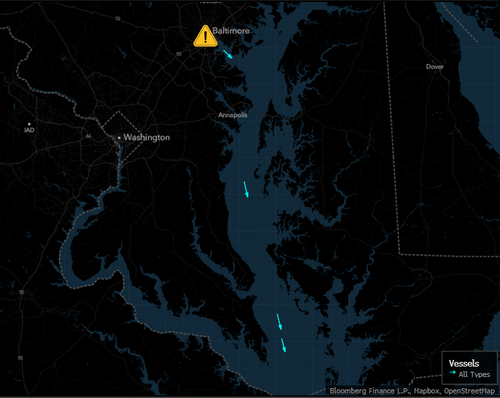
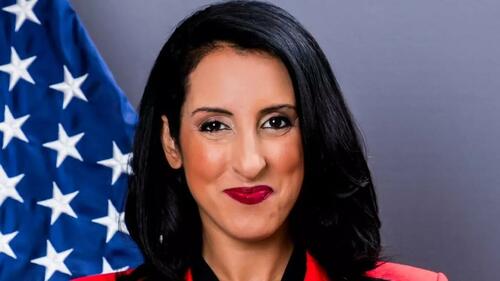 Hala Rharrit, Arabic language spokesperson for the State Department, has quit in protest. Image: State Dept.
Hala Rharrit, Arabic language spokesperson for the State Department, has quit in protest. Image: State Dept.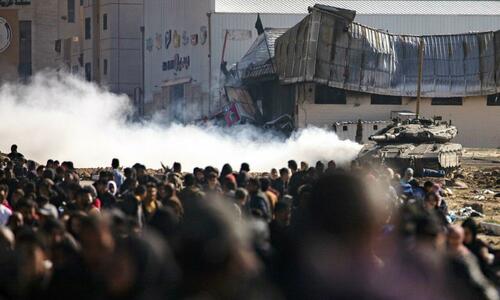
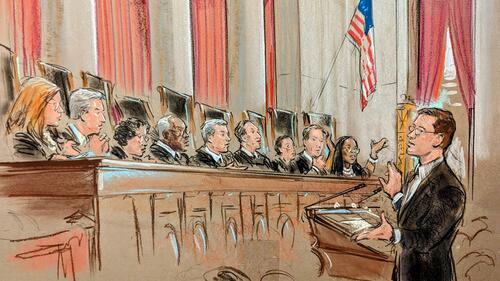
Recent comments